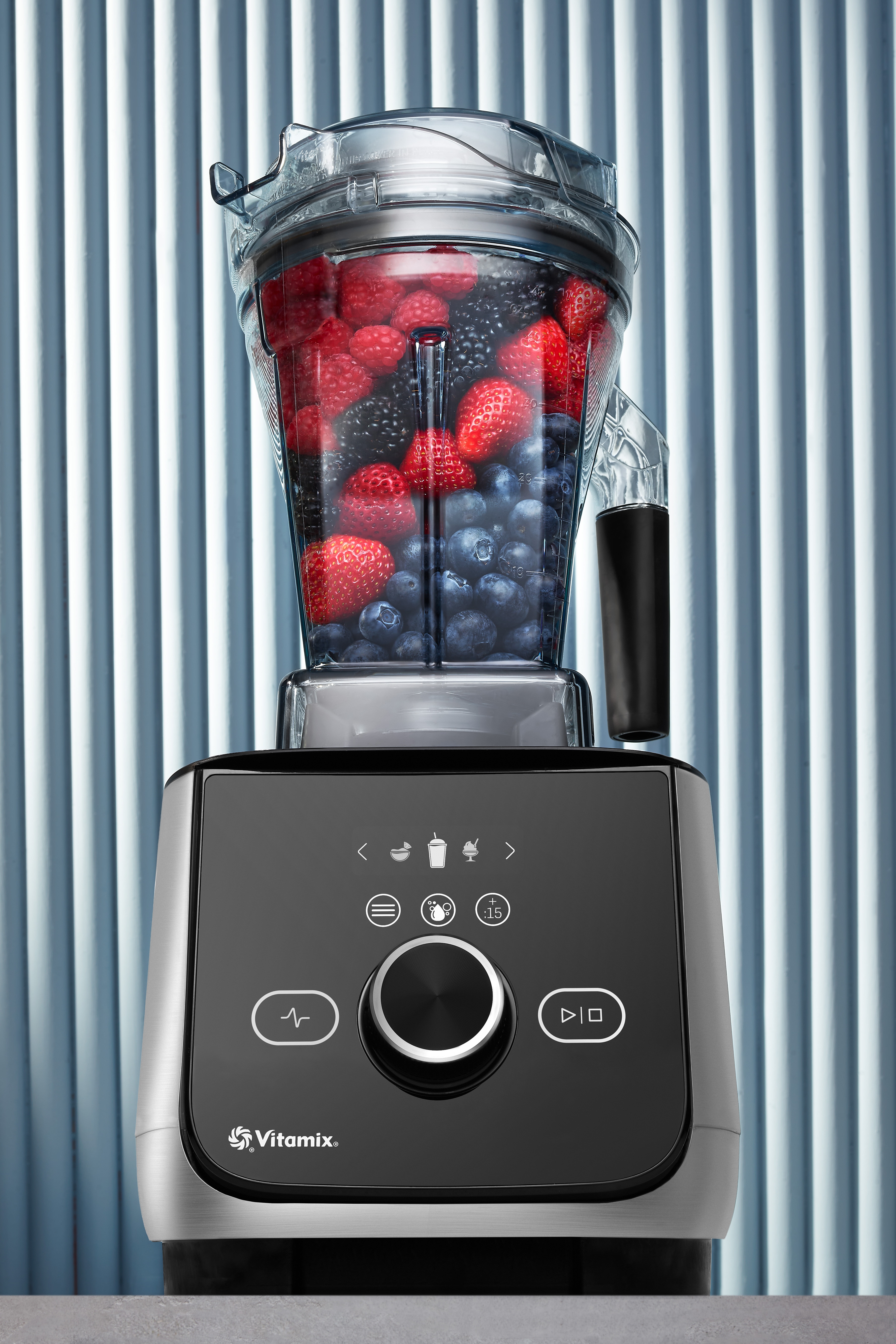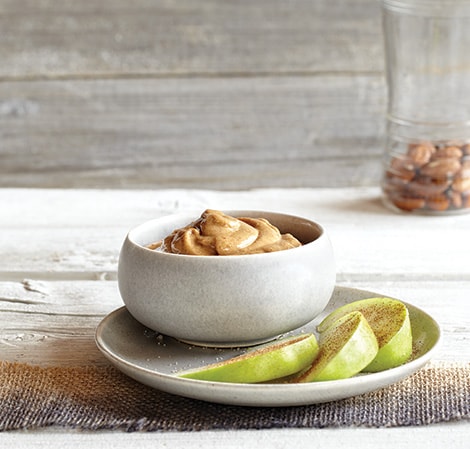Whether you’re following a vegan diet plan as a permanent lifestyle choice or short-term cleanse, eliminating meat and dairy from your diet can be a great way to maintain a healthy lifestyle. The key, however, is making sure you get enough of the vitamins and nutrients your body needs to maintain its proper balance.
- Protein: One of the most frequently asked questions for vegans and vegetarians is “How do you get your protein if you don’t eat meat?” Plant-based proteins are found in veggies like spinach and peas, lentils, chickpeas, beans, nuts (in all forms – whole nuts, nut butters, and nut milks), hemp, sprouted grain bread, plus meat alternatives such as tofu, seitan, and tempeh.
- Calcium: Bone-building calcium comes from citrus fruits and juices, non-dairy milks, and dark, leafy greens like collards, kale, spinach, turnip greens, and arugula. Oatmeal, soybeans, almonds, figs, broccoli, beans, tofu, and sunflower seeds are also great sources.
- Omega-3s: For non-fish eaters, omega-3s can be attained through seeds like flax, chia, and hemp, as well as beans, winter squash, leafy greens, seaweed, and nuts. IRON Spinach, Brussels sprouts, beans, lentils, brown rice, chickpeas, sesame seeds and tahini, quinoa, spirulina, plus dried fruits like peaches and raisins top the list of iron-rich vegan foods.
- Vitamix D & B12: Getting enough of these two essential vitamins can be tricky no matter what your diet, so it’s best to take a daily multivitamin to ensure you’re getting the recommended amount.
Related Recipes

Cashew Sour Cream Sauce Recipe
Use this vegan alternative to sour cream to top off your favorite meals, from tacos, to soups, and more!

Cashew Milk Recipe
Create fresher, more flavorful cashew milk at home.

Vegan Avocado Chocolate Torte Recipe
A delicious, vegan indulgence for all to enjoy.



